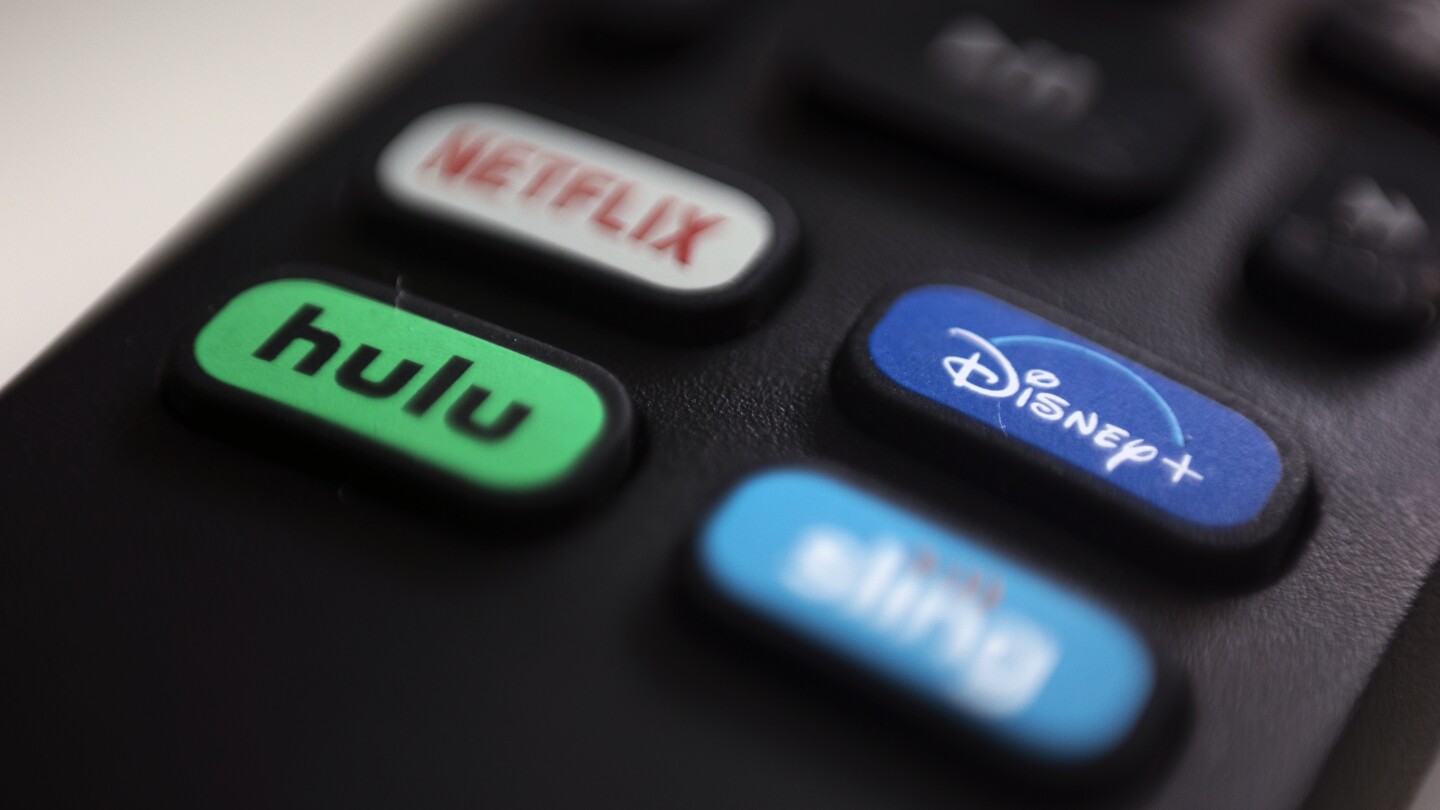Televisions that can stream platforms like Hulu or Max usually come loaded with technology that collects information on what viewers are watching, and buyers consent to have their viewing tracked when they open their new TV and click through terms of service agreements. Sometimes, data firms can connect those viewing habits to a voter’s phone or laptop via their IP address, promising a trove of information about an individual and the ability to track them across screens.
Other times, firms focus on dividing households into groups based on what they’re watching, how they use their TVs and how many campaign ads they’re seeing, which is a boon to political campaigns eager to target specific groups of voters. Connecting this data to voter files is increasingly a focus — a move that adds individual voting habits into the mix.



deleted by creator
I’m just basing on the fact that two identical OLED panels, one in a 32” LG monitor without the app features and the other in a 55” LG Television with the app features, are about equivalently priced. I could be totally wrong though idk. It quacks like a duck getting fucked ¯\(ツ)/¯